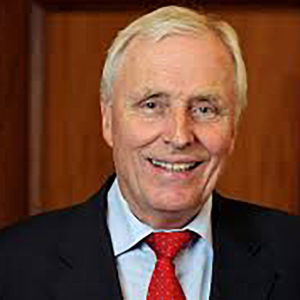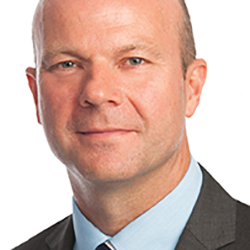Gabler’s Investor Seminar 2019
September 24th | Hotel Continental, Oslo
24th of September 2019 | Hotel Continental | Oslo
The great fall of Nations and Rates
The future rise of Nationalism and Profits
Consumption of technology is changing rapidly. Digitization is growing exponentially creating huge disruptions for unions, countries, businesses and individuals. Major environmental and ethical dilemmas as well as changes in societies and businesses follow.
| Nevertheless, this represent opportunities for investors who know what they own. |
Program
Dr Thore Johnsen
Professor Emeritius, NHH

Moderator
Paul Tucker
Partner, Egerton

The new normal for rates seems to be lower for longer, while technology disrupts sector after sector. What impact does this have on Egerton’s stock picking going forward?
David Riley
Chief Investment Strategist, BlueBay Asset Management

Risks and opportunities for investors in a world of slower growth, trade wars and QE-infinity.
Dr Henrik Syse
Research Professor, Peace Research Institute Oslo

Syse works on the ethics of war and will discuss the historical role of nuclear weapons and the arguments for and against excluding such weapons (and other weapons systems) from investments portfolios.
Dr Tom Reader and Dr Alex Gillespie
Associate Professors, LSE


The professors will address the importance of understanding corporate culture when figuring out where to invest. Will their findings take us from active investment management’s golden triangle of Meeting management, Cash Flow projections and Valuation to the four Cs (Culture, Customers and Corporate Communications)?
Nicolai Tangen and Torkell Eide
CIO, AKO Capital / PM, AKO Global-strategies


How to find European companies with cultures that thrive and profits that rise within a union that may fall.
Elsa Goldberg
IPM, Templeton Global Macro

A dark decade ahead? Consequences for investors.
Alex Baring and Jonathan Amouyal
Partners, The Children’s Investment Fund


Is there a contradiction between the asset management industry’s hunger for exclusions and the need for real impact to fight climate change? Or do exclusions and measurable impact go hand in hand?